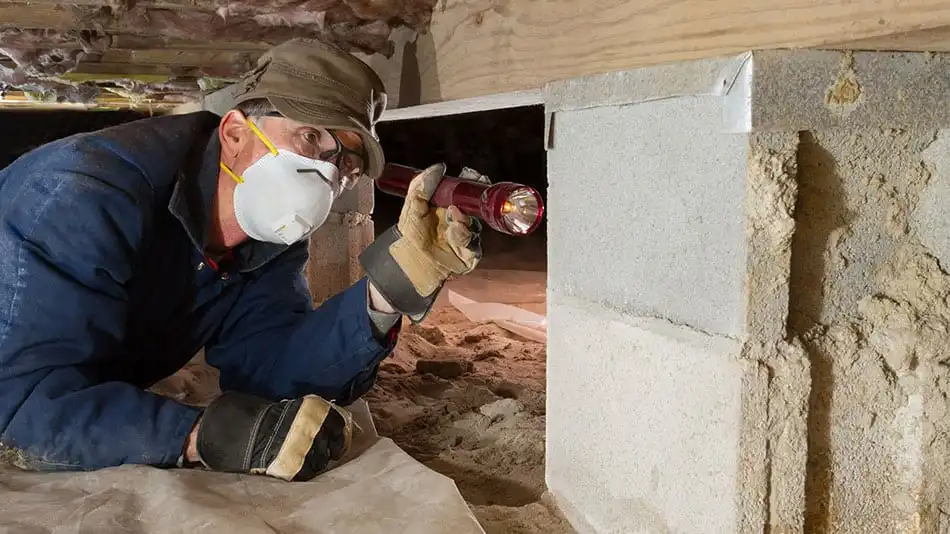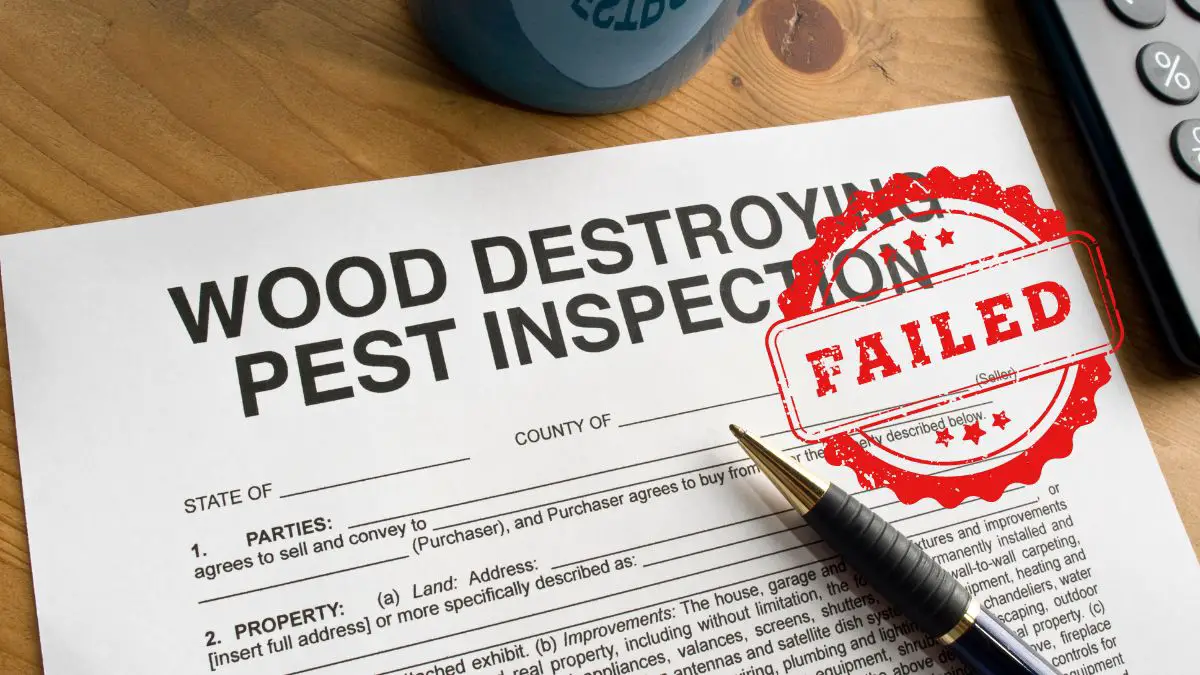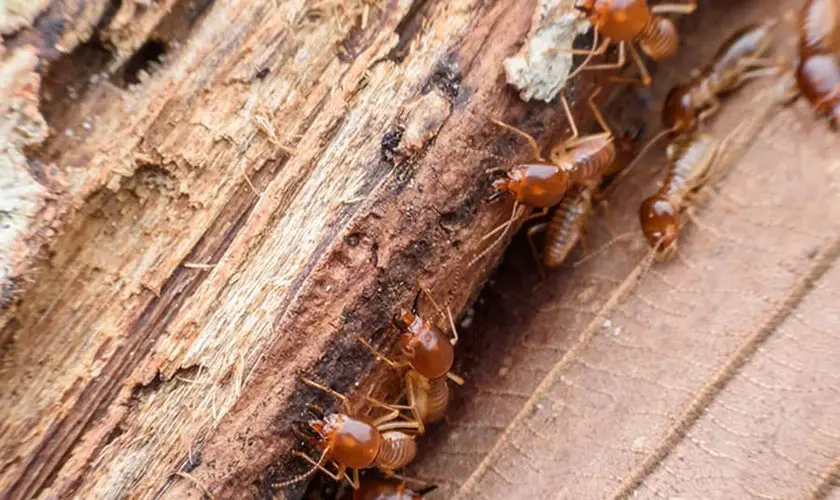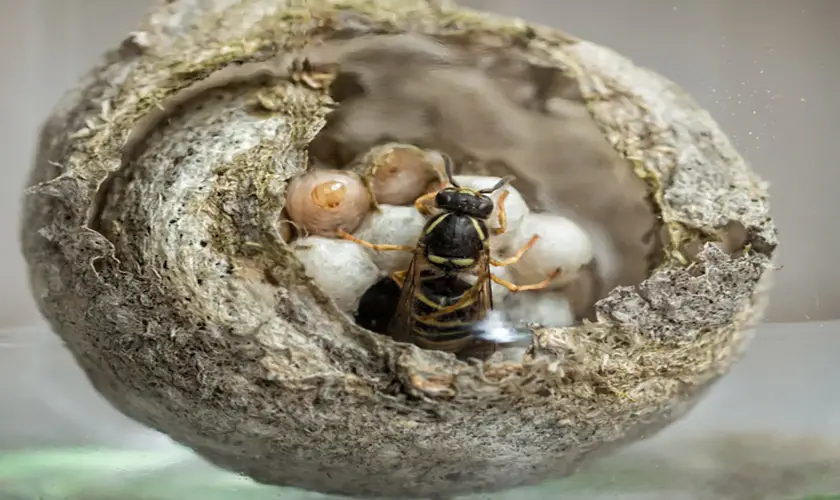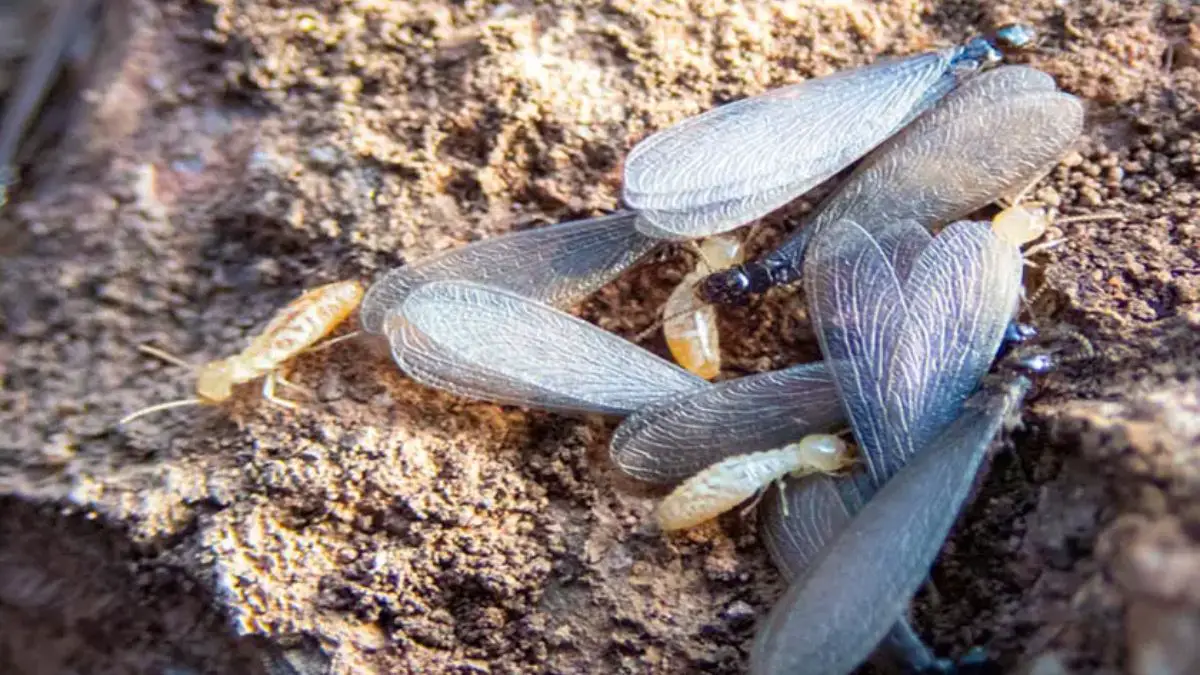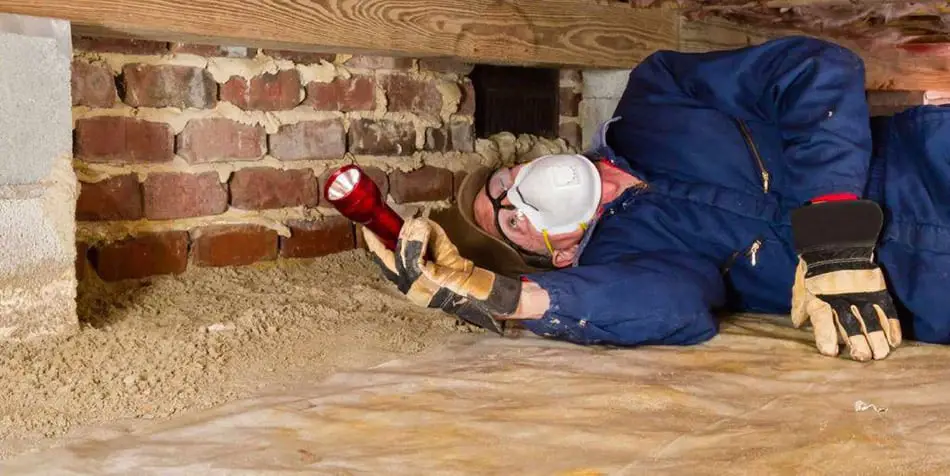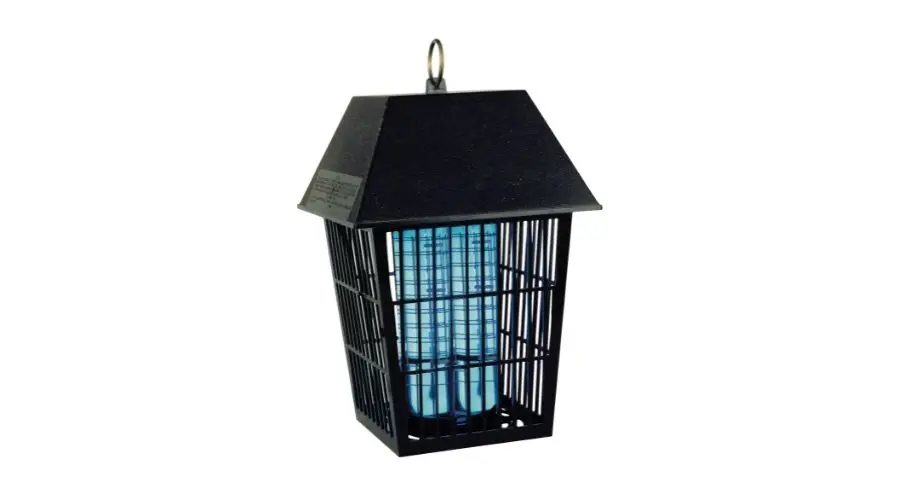
A bug zapper can be a very satisfying addition to an outdoor space with abundant nuisance insects. We install them to attract and kill biting insects, but can they harm our families or us?
Bug zappers present minor direct and indirect adverse effects on human health, but not because of the electricity or UV light.
Studies have shown that they are more effective at removing beneficial insects than biting ones and can even lead to more mosquitoes in their vicinity.
Furthermore, they explode when they electrocute flies and other bugs, releasing allergens, infectious viruses, and bacteria.
Get FREE quotes from licensed pest control technicians in your area today. Whether you need spraying for ants, roaches, spiders, ticks, mosquitos, or bed bugs, We Can Help! All technicians are screened, licensed, and insured.
Despite the science showing that bug zappers are inefficient and potentially dangerous, they are a product that has very high rates of consumer satisfaction. Like them or hate them, we will give you all the details on how they work so you can make the best choices for your home.
How Do Bug Zappers Work?
There are several styles of bug zappers on the market, but the most popular ones all share the same basic design. The units use a UV light to attract the insects through an electrified grid that zaps them.
To understand the direct health risks, we need to understand these components in more detail.
1. Bug Zapper UV Lights
We all know UV light can be dangerous for our skin and eyes, which is why we wear sunglasses and sunscreen at the beach. So, when some consumers hear that the bug zappers use UV light to attract insects, they fear it will have the same effects.
While some stories implicating bug zappers have been in the news, there is little to worry about. Residential insect traps use near-ultraviolet or UV-A light in the spectrum from 325-400 nm, also called black light.
Insects are naturally attracted to both near-UV and yellow light at night, which is why many insect traps utilize them.
2. Bug Zapper Electrical Grid
While the light attracts insects, the electric grid surrounding them does most of the work. This ‘killing grid’ is charged with 3000 to 4000 volts.
The bug zapper is typically enclosed in an outer, non-electrified grid to protect humans. However, because of how big the charge is, it essentially explodes the insects who contact it.
The electrified grid effectively kills insects in commercial and residential settings, but can they also harm us?
Are Bug Zappers Harmful to Humans?
Bug zappers are a non-toxic alternative to pesticides and other chemical insect control measures, proven dangerous to human health.
While much safer than the chemicals that cause cancers and chronic diseases, bug zappers are not without risks. However, most of the risks are not directly from the zappers’ operation, as we will explore below.
Are Bug Zapper Lights Dangerous?
As discussed above, bug zappers use black light in the near-ultraviolet spectrum to attract insects.
These lights have been around for over 75 years and are generally considered safe. A 2016 study replicated extreme exposure scenarios, such as being close to the unit for long periods, and found no health effects of concern.
The study determined that the exposure to light radiation from the units was only a fraction of what we experience daily and was safe. So, even if you stare at the lights in residential bug zappers, it will not harm you or your family.
Furthermore, exposure should be lower than in the experiments above, as you don’t want to stand near the light. Because the light attracts insects, standing close to it would mean they are attracted to you.
What Happens if You Touch an Electric Bug Zapper?
So, if the light is safe, what about the electric grid? Will my kids be injured if they contact it?
Even if you were to contact the killing grid, the short pulse of electricity you would feel would not seriously harm you. There are no known cases of severe injury or death from bug zappers.
While 3,000 to 4,000 volts sounds like a lot (the outlets in your home carry only about 120 volts), the Amps kill you. Bug zappers utilize only about two amps to give you a painful shock but not enough to cause any injury.
Are There Any Health Risks of Bug Zappers?
If neither the zappers’ light nor the electric killing grid is directly dangerous to humans, what are the health risks of such devices? There are several indirect health risks associated with bug zappers, including:
- The attraction of more insects to the area
- The killing of beneficial insects
- Exposure to airborne microbes and pathogens
Let us go more in-depth on each one below:
1. The Attraction of More Insects
Because the UV lights used in bug zappers attract insects, there will be more in an area that uses one than one that does not.
In 1982, a study compared backyards in Indiana with and without electric bug zappers. They found that people sitting in the yards with the bug zappers were more attractive to mosquitoes than the yards without them.
They concluded that after 11 days, the devices ultimately failed to reduce the localized populations of biting insects, contrary to the manufacturer’s claims.
A bug zapper in your yard could indirectly put your family at risk by attracting more of the annoying and disease-carrying mosquitoes you are trying to get rid of.
The device manufacturers recommend placing them 30 feet away from the sitting area to attract bugs away from you. Whether or not this is effective seems to be an unsettled topic of debate.
However, the takeaway is that if you do want to use a bug zapper, don’t place it in the area where you are sitting.
2. The Killing of Beneficial Insects
When the 1982 study above analyzed the bugs killed by the zappers, they found that only 3.3% were female mosquitos. The rest included many beneficial insects who are plant pollinators or even predators of mosquitoes.
Bug zappers destroyed beetles, fireflies, and moths at a higher rate than mosquitos. In return, these insects dying off can have long-term adverse effects on the ecosystem around you, leading to more pest species in your area.
3. Exposure to Airborne Microbes & Pathogens
The most concerning health risk of using bug zappers is the microbes and pathogens released when the bugs die.
The bugs’ 4,000 or so volts of electricity cause many of them to explode. While this is satisfying to the user, it also puts them at risk of inhaling aerosolized contents of the bugs.
Insects contain around 5 million germs, which are released into the air when zapped. Many viruses and bacteria are not incinerated during the explosion of the insect.
Studies have analyzed the detritus that rains down from bug zappers and found it contains both allergens and viable pathogens. The study found the shower of particles spread about six and a half feet from the units.
In another study, house flies carrying the eggs of the parasite Cryptosporidium died from bug zappers to see if it would spread them.
They found that not only did the bug zappers fail to kill the parasite when killing the flies, but they spread the parasite’s eggs through the air.
The immediate area was affected, picked up by mice, and spread over long distances throughout the enclosed space. Both the studies above concluded that people should never use bug zappers in hospitals or kitchens.
These studies indicate that using bug zappers in your home can harm your health and provide little to no benefits.
What Are the Most Effective Ways to Use a Bug Zapper?
While we have outlined some of the risks of using a giant zapper, the fact remains that millions are sold each year, with overwhelming satisfaction by consumers.
So whether you trust that they work, or enjoy the satisfaction of hearing the zap when creepy insects get too close, make sure to use them correctly.
As discussed earlier, the electricity used in bug zappers is usually not a threat to humans, even if you touch it. However, any electrical appliance is dangerous when exposed to water.
1. Keep Them in High Areas
Always disconnect power to the units before moving or adjusting them after rain or in wet conditions. Never allow children to touch or play with the devices; always hang them well out of reach.
2. Don’t Place it Where You Sit or Cook
Another point to remember is not to use them in places you sit or cook. If you want to use them to reduce flying insects in those areas, place them at the entrances or hallways.
Doing so will ensure that you are not attracting them to the area you want to be bug-free and that you are not sitting where bacteria and pathogens will rain down.
3. Keep Them Away From Sitting Areas
If using them outside, do not place them on your porch or above your seating area. Instead, put them on the periphery of your yard to attract insects away from your living space.
When using a bug zapper for the physiological satisfaction of hearing bugs getting zapped, take other precautions to prevent mosquito bites.
What Are Some Alternatives to Bug Zappers?
There are many effective alternatives to bug zappers that have the same health risks and are more effective at reducing biting or problem insects.
1. Glue Traps for Food Preparation Areas
Better alternatives for food preparation areas are devices that use traps or glues to remove the insects. Many of these use the same UV lights as the zapper to attract but won’t cause the insects to explode.
Glue traps are more sanitary for restaurants and hospitals and are usually a better choice if using them inside your home.
2. Eco-friendly Sprays
More selective traps are available if you are worried about the ecological effects of killing primarily non-biting insects. A product called Wondercide Flea, Tick, and Mosquito Spray.
It is free of harsh chemicals and is a plant-based alternative. Eco Defense contains essential oils, such as peppermint and cedar oil. Overall, it gets the job done and is a trendy choice!
3. Gardening
Alternatively, gardening is essential when ridding your home of mosquitos and other unwanted insects. You can grow plants such as:
- Peppermint
- Lavender
- Catnip
- Rosemary
- Basil
- Marigolds
4. Eliminating Mosquito Larvae & Adults Around Your Home
Larvae
According to the American Mosquito Control Association (AMCA), eliminating mosquito larvae is one of the best ways to reduce the presence of adults. You can reduce the areas where they can lay eggs or develop.
You’ll need to eliminate all sources of standing water, such as:
- Tires, plastic bags, bottles, and other sources of standing water
- Cleaning rain gutters of leaves and other debris
- Replacing water in birdbaths regularly
- Adding insectivorous fish or tadpoles to ponds and creeks
There is also a non-chemical biological control on larvae for standing water called BTI, a type of bacteria that produces a lethal toxin to mosquitos and other unwanted insects. BTI poses no threat to humans or pets.
The EPA has determined that BTI is effective, does not harm other organisms like humans or pets, and that mosquitos do not develop a tolerance to it. It is a great way to stop the spread of disease without using toxic chemicals.
Adults
If you want to reduce adult mosquitoes’ presence without using chemicals, the AMCA recommends several products.
They mention an electronic device called the New Jersey Mosquito Trap that uses UV lights like the zappers but has a reservoir of liquid to trap the mosquitos. They also mention several other styles of electronic traps but have not evaluated their effectiveness.
Other ways include:
- Mechanical barriers like screens and enclosed porch areas
- Fans can also help, as mosquitoes are unable to fly against the winds they create
- Citronella candles and other essential oil may also have some efficacy.
While the risk to humans of using a bug zapper outdoors is minimal, the pathogens released indoors are something to consider and avoid. Despite the scarcity of scientific studies saying they work, they still satisfy customers and are not expensive.
Final Thoughts
Bug zappers are still a great alternative to chemical pesticides and are used in commercial and residential settings without any reports of injuries or deaths when used correctly.
In this case, you will have to decide for yourself if they suit your home. Regardless of your choice, understand that they are most effective when used as part of a multi-pronged approach that focuses on eliminating mosquitos from your home.
Get FREE quotes from licensed pest control technicians in your area today. Whether you need spraying for ants, roaches, spiders, ticks, mosquitos, or bed bugs, We Can Help! All technicians are screened, licensed, and insured.


